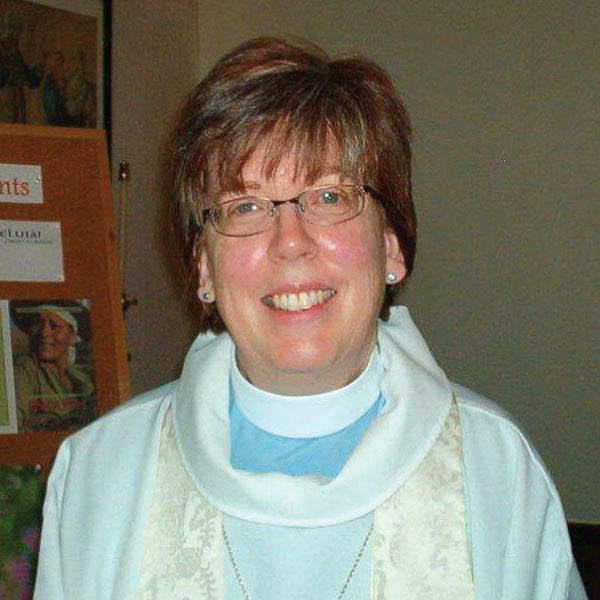In his acclaimed work Conjectures of a Guilty Bystander, the American Trappist monk Thomas Merton wrote: “You do not need to know precisely what is happening, or exactly where it is all going. What you need is to recognize the possibilities and challenges offered by the present moment, and to embrace them with courage, faith and hope.”
It’s a huge understatement to say that we are living in unprecedented times. A friend recently posted on social media a photo of a t-shirt emblazoned with “I could really go for some precedented times.”
Even though we are nearly two years into this pandemic, can we really even suggest we’ve ever had precedented times?! Even a cursory scan of history furnishes us with a sense of almost constant unpredictability, constant reminders of “the shortness and uncertainty of human life.” (BCP. p. 599)
That old trope of Ben Franklin’s about “death and taxes” being the only certainties in life offers cold comfort to those of us who perceive we’ve lost so much in these last two years. Yes, it is true that life as we knew it has been upended and sociologists tell us there’s no going back to the way things were “before”. I am not making light of the number of lives lost, or the disappearance of jobs or the incredible pressure placed on governments, health care providers, educational institutions, travel, family life, relationships, businesses, economies – indeed every facet of human life; no argument there for sure. But along with reminding us of the shortness and uncertainty of human life, this liminal time also reminds us of “those disappointments and failures that lead us to acknowledge our dependence on (God) alone.” (BAS. p, 129) Our collective sighs of frustration and outbursts of impatience betray our tendency to think and feel otherwise.
I spend a fair amount of time with people discerning a vocation to some kind of ministry.
The word vocation comes from the Latin word “vocare”, meaning “to call”. If a vocation is a “calling”, then it follows that the appropriate response is to listen. Discernment asks “what are we hearing?” and “Are we hearing correctly?” Therefore, how we listen is important. St. Benedict advises us to “Listen, with the ear of your heart “, the kind of listening which requires prayer, reflection on the Scripture, and perhaps hardest of all, a willingness to “let go”. We cannot say “here I am Lord” then proceed to tell God exactly where or how God ought to use us!
So, how do we “test” our hearing? Frederick Buechner says “The place God calls you is the place where your deep gladness and the world’s deep hunger meet.” Alongside the personal dimension, there is a communal dimension to discernment. Buechner’s statement connects “call” to “need”. Who does the Church “need” and what particular gifts are needed in response to the everchanging dynamic of the living Church?
Our gifts are given to compliment one another and enhance the life of the whole community. Discerning the gifts among us and affirming their use is a crucial function of the whole Church for it strengthens individuals and encourages them to grow in their faith. Our Baptismal Promises root and sustain our varied vocations. They equip and shape us to respond to the needs, concerns and hopes of the world.
So, what then is our prayer in unprecedented times? How do we “embrace them with courage, faith and hope.”? May I suggest it be the prayer uttered at Baptism, slightly altered for personal use:
We thank you that by water and the Holy Spirit you have bestowed upon us your servants the forgiveness of sin, and have raised us to the new life of grace. Sustain us, O Lord, in your Holy Spirit. Give us inquiring and discerning hearts, the courage to will and to persevere, a spirit to know and to love you, and the gift of joy and wonder in all your works. Amen. (BAS, p. 160, alt.)
Photo by Joshua Eckstein on Unsplash



